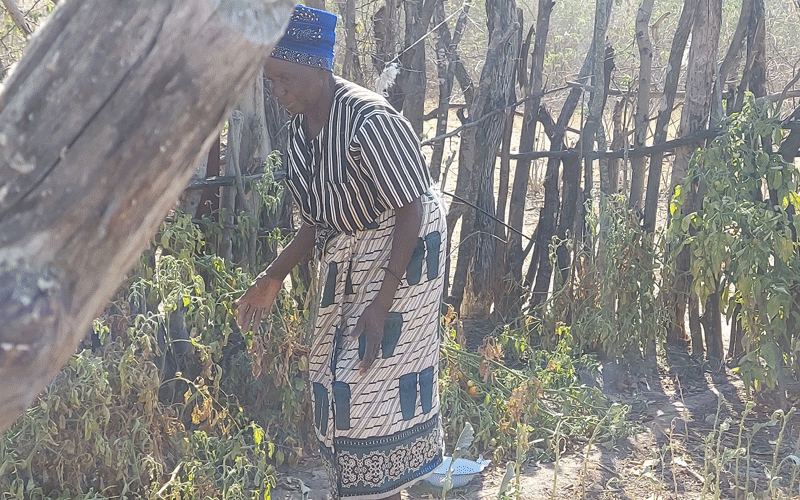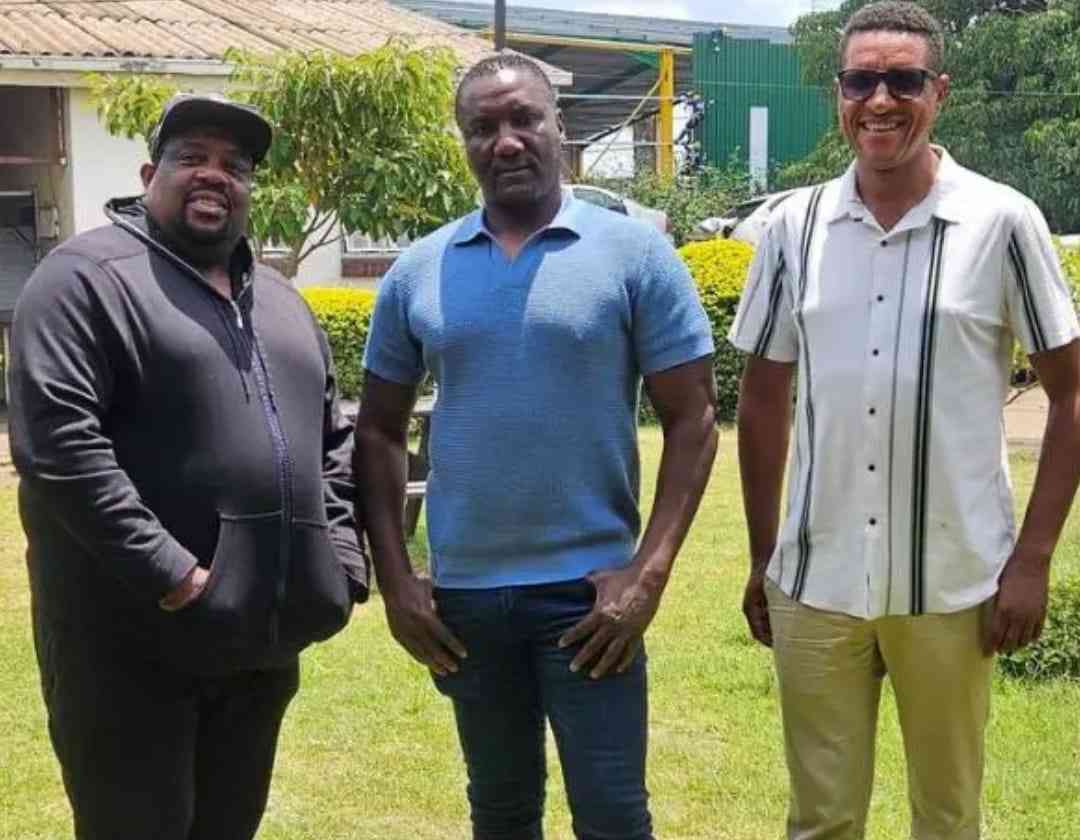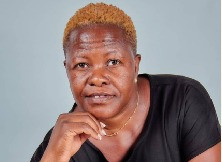
By strengthening local information systems and confronting false narratives, Zimbabwe can safeguard its communities and climate resilience initiatives from the insidious threat of climate disinformation.
In Zimbabwe, the impacts of a changing climate are not distant concerns; they are realities shaping everyday life. In the southern regions, farmers are grappling with unpredictable rainfall, extreme heat, and dwindling water sources.
Meanwhile, the eastern highlands of Manicaland are increasingly battered by more powerful tropical cyclones originating from the Mozambique Channel. Since 2000, the country has endured several devastating cyclones, including Eline, Japhet, Dineo, Idai, Chalane, Eloise, and Ana.
Cyclone Idai in 2019 was particularly catastrophic, claiming 347 lives in Manicaland alone and leaving over 17,000 Zimbabweans homeless. The regional toll exceeded 1,300 lives.
As communities struggle to recover and adapt a more subtle but harmful threat in the form of climate disinformation is emerging and calls have been made for governments and other relevant stakeholders to play their role in combating this challenge.
False or misleading claims about disaster origins, the intentions behind humanitarian aid, and the safety of climate-smart technologies are spreading rapidly.
In Chimanimani, some residents have developed the belief that Cyclone Idai was a deliberately orchestrated event aimed at displacing them.
In Masvingo, unfounded rumours suggest that droughts are the result of covert plans by NGOs promoting drought-resistant seeds.
- Environmental justice: Think big, start small
- Game-changing oil rig Zim-bound
- Travelling & touring: Ever heard of a four-roomed cave?
- Matiza’s widow in estate wrangle
Keep Reading
While these narratives may seem fringe, they gain traction in rural areas with limited access to reliable information, undermining trust, delaying action, and fostering community resistance.
Disinformation acts as a risk multiplier. When individuals disregard evacuation orders, dismiss early warning messages, or reject climate-resilient technologies, their vulnerability increases. This silent threat complicates disaster response and undermines the very essence of resilience.
Much of rural Zimbabwe lacks access to reliable, timely, and locally relevant climate information.
In this information void, social media, hearsay, and politically motivated sources wield significant influence. A simple rumour circulating in a WhatsApp group can swiftly shape local perceptions, often more effectively than government advisories or meteorological alerts.
To combat this growing challenge, the Collaborative Resilience Trust (CRT), in collaboration with civil society and research partners, is developing a targeted initiative to address climate disinformation in Zimbabwe’s most disaster-prone districts.
This initiative involves mapping the spread of misinformation, identifying entry points into communities — from digital platforms to traditional gatherings — and empowering trusted local actors to counter false claims using familiar languages and formats.
Tinashe Zimudzi, vice-chairman of CRT, emphasised the critical importance of accurate information highlighting the importance of equipping communities with reliable data.
“In an era where climate change is exacerbating weather extremes and increasing the frequency of natural disasters, it is vital that communities are equipped with reliable data,” he said.
“Misinformation undermines our collective efforts to build resilience. We must provide our people with the tools they need to understand climate patterns and adapt their agricultural practices accordingly.
“Without credible information, we risk deepening the vulnerabilities that climate change imposes on our rural communities.”
Additionally, CRT aims to collaborate with public institutions like the Department of Climate Change, Agriculture ministry, the Meteorological Services Department, and the Environmental Management Agency to incorporate anti-disinformation strategies into broader climate services.
Chido Hodzi, project coordinator, noted the necessity of partnerships citing her organisation’s strategic partnerships with local institutions in combating climate disinformation.
“Building partnerships with local institutions is crucial in combating climate disinformation,” she said.
“The challenges posed by climate change are complex and multifaceted, requiring a united front.
“By integrating our efforts with established public bodies, we can create a robust framework for disseminating credible climate information.
“This will empower communities to trust the science behind climate-smart technologies, enabling them to make informed decisions that enhance their resilience in the face of increasingly severe climatic events.”
Collaborative Resilience Trust’s communications specialist Takemore Mazuruse said Zimbabwe’s efforts to build resilience cannot be compromised by distortion and doubt.
“For communities to trust early warnings, adopt adaptive practices, and engage in disaster preparedness, they require access to information that is credible, accessible, and culturally relevant,” he said.
“The threat of climate disinformation is both real and escalating. It transcends mere communication; it is a critical issue of public safety and development effectiveness.
“In the face of increasingly frequent and intense climate shocks, Zimbabwe must complement its infrastructure investments with a commitment to information integrity.”
Mazuruse also emphasised that the fight for climate change is the fight for truth hence the need for all key stakeholders to work together in embellishing disinformation.
“The fight against climate change is fundamentally a fight for truth,” he said.
“CRT is dedicated to partnering with communities, researchers, and public institutions to foster a society that is not only resilient to disasters but also resistant to disinformation.
“Now is the time to act decisively. We cannot afford to wait until the next rumour takes root or the next storm strikes.
“Our communities deserve access to the truth, and it is our responsibility to ensure that they receive it.”
As the fight against climate change disinformation continues, Collaborative Resilience Trust has demonstrated willingness to play a pivotal role in addressing the challenges of climate disinformation in Zimbabwe.
“By collaborating with local communities, government agencies, and development organizations, CRT aims to create a cohesive network for sharing accurate climate information and implementing effective resilience strategies,” Zimbudzi said.
“Through these partnerships, we can empower communities to not only withstand the impacts of climate change but to thrive in a rapidly evolving environmental landscape.
“Together, we can build a future where truth and resilience go hand in hand.”










